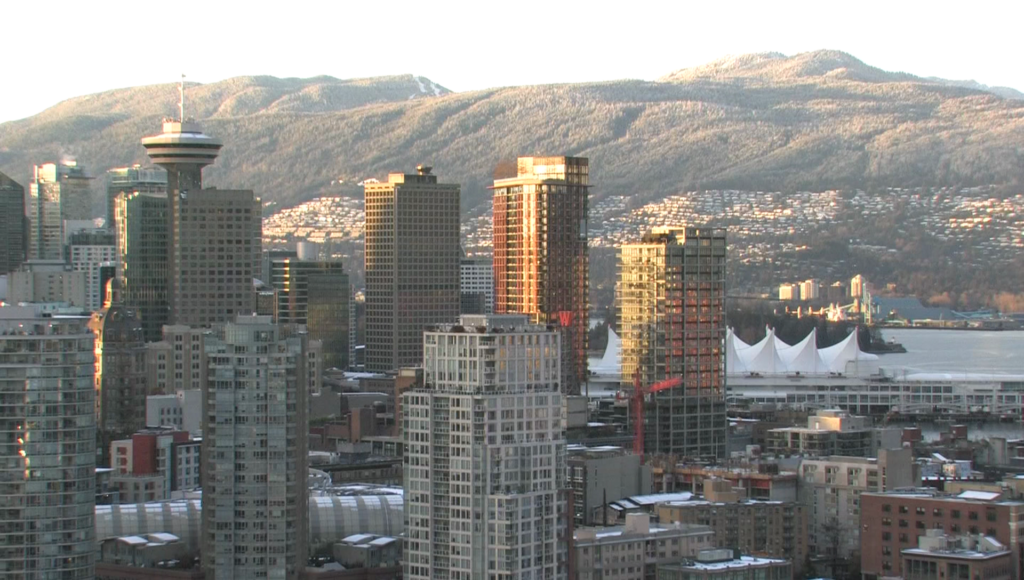Companies struggle to find workers and studio space as Vancouver sets production records
Article and photos courtesy of CBC
Vancouver’s red-hot film industry has production companies scrambling to find workers and shooting locations around the Lower Mainland.
A ‘burnout of space’ is one reason Wayne Price, a local production assistant, says the industry is being squeezed.
“Certain locations have been used so many times that they become recognizable on film and TV,” said Price.
Multiple projects and tight filming schedules make it hard for crews to find unique shots that aren’t recycled too often, according to Marc-Anthony Massiah, who owns the production company 54th Entertainment.
“You have a show like Supergirl, Arrow, and Flash for example that all exist in the same universe, but aren’t all in the same city. There’s only so many places you can put a camera or so many angles that you can put, where it doesn’t look like Vancouver anymore,” said Massiah.
Film and TV production is a $2-billion-a-year business in B.C., and B.C. hosts nearly 60 per cent of the American television and movie shoots in Canada.
Because of the low dollar and tax incentives offered to production companies, the number of TV shows and movies made in Vancouver has ramped up in the last few years.
Price says companies are getting creative when it comes to finding studio space and are now buying empty buildings around Metro Vancouver to shoot their projects in front of a fresh set.
“Just recently … Netflix has taken over the old Vancouver Sun Vancouver Province press building. That’s out on 88th avenue near Nordel Way in Surrey.”
Cities around Metro Vancouver have started to experience more industry business because of the location shortage, moving east to Abbotsford or Fort Langley and as far out as Mission.
Eight productions have been shot along 176th Street in Cloverdale this year. The latest, Why We’re Killing Gunther, staring Arnold Schwarzenegger, was filmed in the community’s historic district last week.
The boom of filming in the city also means companies are struggling to find workers.
“There’s not enough people to even fill the positions that we need to have in carpentry and electrics and production assistants. It’s really getting busy,” said Price.
The local union for film and TV production, International Alliance of Theatrical Stage Employees (IATSE), says that they’ve put double the number of people on film sets this year compared to last year, and there’s still more demand out there.
Phil Klapwyk, a member of the IATSE Local 891, says they’re trying to solve the problem by dipping into other industries to find people with skills that would transfer well to the film industry.
“We’re trying to find correlative skills that could find application within the film industry, such as pipe fitters might be able to work in the special effects department running pipes for fire and whatnot,” said Klapwyk.
The union has recently waived its $100 application fee to try and entice more people to come work for the film industry.









